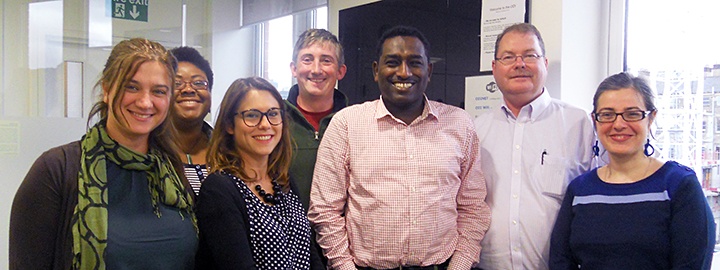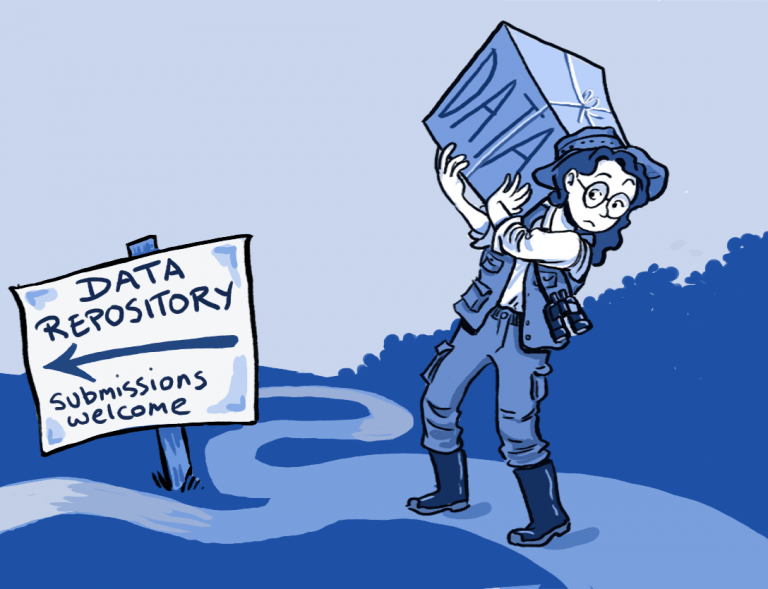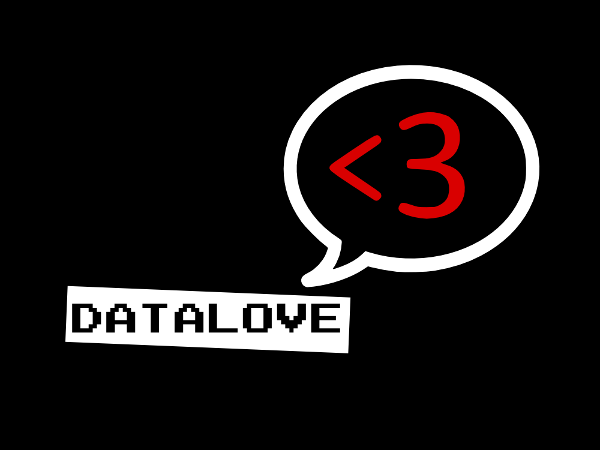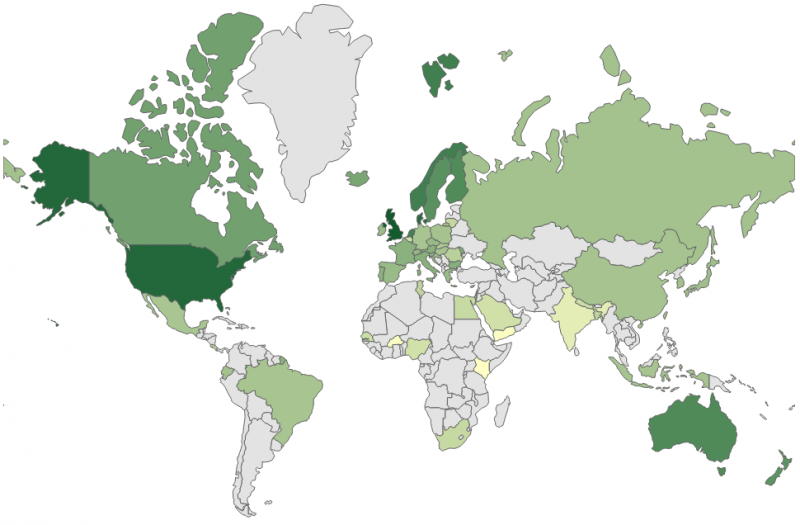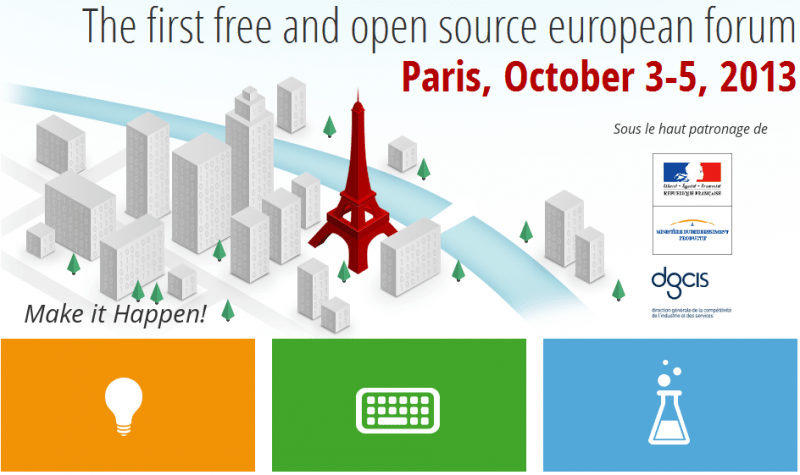I am the ‘Open Data’ track leader for the Open World Forum to be held in early October in Paris. To follow the event as it’s been built up, please visit the Open World Forum’s website.
For this year’s event, we have already confirmed an impressive line-up of speakers (abstracts are in French, as the session is in French):
- Romain Lalanne (Director, Open Data at SNCF): “Open Transport: Rethink Mobility with Open Data”
Dans le domaine du transport, l’Open Data, a le pouvoir de relever les défis d’une mobilité plus informée, plus fluide, plus personnalisée. Optimisation et valorisation du temps de voyage, gestion de l’affluence dans les trains, adaptation aux besoins de chaque voyageur : Romain Lalanne propose un retour d’expérience de l’engagement du groupe SNCF en matière d’Open Data et présente un panorama des perspectives à venir dans l’Open Transport.
- Abderahman Zohry and Yassir Kazar (Morocco): “Is Open Data Possible in Morocco?”
- Alexandre Quintard-Kaigre (Legal Advisor, Etalab, Prime Minister Taskforce for Open Data): “Renew Democracy with the Internet and Open Data”
Réserve parlementaire, financement des syndicats, dépenses de la Sécurité sociale, faits constatés de délinquance et de criminalité, adresses des écoles publiques, prix des carburants dans chaque station essence, masse salariale des cabinets ministériels, attribution des véhicules de fonction, subventions de l’Etat aux associations, interventions économiques aux entreprises, dotations globales de fonctionnement aux collectivités territoriales, aides de la PAC, effectifs des fonctions publiques, nombre d’agents et de chômeurs dans chaque agence de Pôle Emploi…
Les attentes des Français sont très fortes en matière de transparence des services publics et d’exemplarité dans l’action de leurs représentants. Sans confiance des citoyens dans les Institutions, la République vacille et la cohésion sociale s’effrite. Intégrer les valeurs d’Internet dans la gouvernance publique participe ainsi au renouvellement et à l’intégrité de notre démocratie : rendre des comptes sur Internet en partageant gratuitement et librement les informations et les données produites par les services publics avec tous les citoyens – quelque soit leur statut ou leur catégorie socio-professionnelle – contribue à renforcer la liberté d’information et l’Etat de droit, in fine les libertés fondamentales de chaque citoyen.
- Antoine Courmont (Project Leader, Open Data for Lyon): “Opening Up Data: On the Road to a Smart City”
L’ouverture des données (open data) et la ville intelligente (smart city) sont régulièrement associés. Et pour cause, les données sont au cœur de la ville de demain, et les mettre à disposition du plus grand nombre ne peut que faciliter l’innovation et la création de services aux usagers. Le Grand Lyon s’inscrit dans cette perspective par la mise en place d’une plateforme de diffusion de données territoriales au service de ses politiques publiques, des entreprises et des citoyens. Cette démarche d’ouverture est une invitation à repenser à la fois le rôle des acteurs et les façons de faire pour proposer de nouvelles expériences de la vie en ville.
- Stéphane Gigandet (Founder, Open Food Facts): “Open Food Facts: Citizen Crowdsourcing of Food Data for better transparency in our plates”
Huile de palme dans le Nutella, viande de cheval dans les lasagnes au boeuf : pour les consommateurs, l’industrie alimentaire est trop souvent une boîte noire. Bien malin qui sait aujourd’hui ce qu’il y a vraiment dans son assiette. Pour apporter plus de transparence, des citoyens ont créé Open Food Facts, une base de données libre et ouverte sur les produits alimentaires du monde entier. Armés de leur smartphone ou d’un appareil photo, ils collectent les données sur les produits alimentaires pour qu’elles puissent être décryptées, analysées et comparées.
Qu’est ce que le colorant E150d et dans quoi le trouve-t-on, quels sont les sodas les plus sucrés, les biscuits qui contiennent le plus d’additifs, quelles usines préparent les produits de quelles marques : voici quelques exemples de questions auxquelles Open Food Facts apporte une réponse. Toutes les données collectées sont diffusées sous une licence libre : ce sont des données ouvertes (open data). Elles peuvent être utilisées et ré-utilisées librement et gratuitement par tous et pour tous usages. Venez en découvrir quelques uns et peut-être en imaginer et en réaliser d’autres !
Looking forward to meeting you there!

